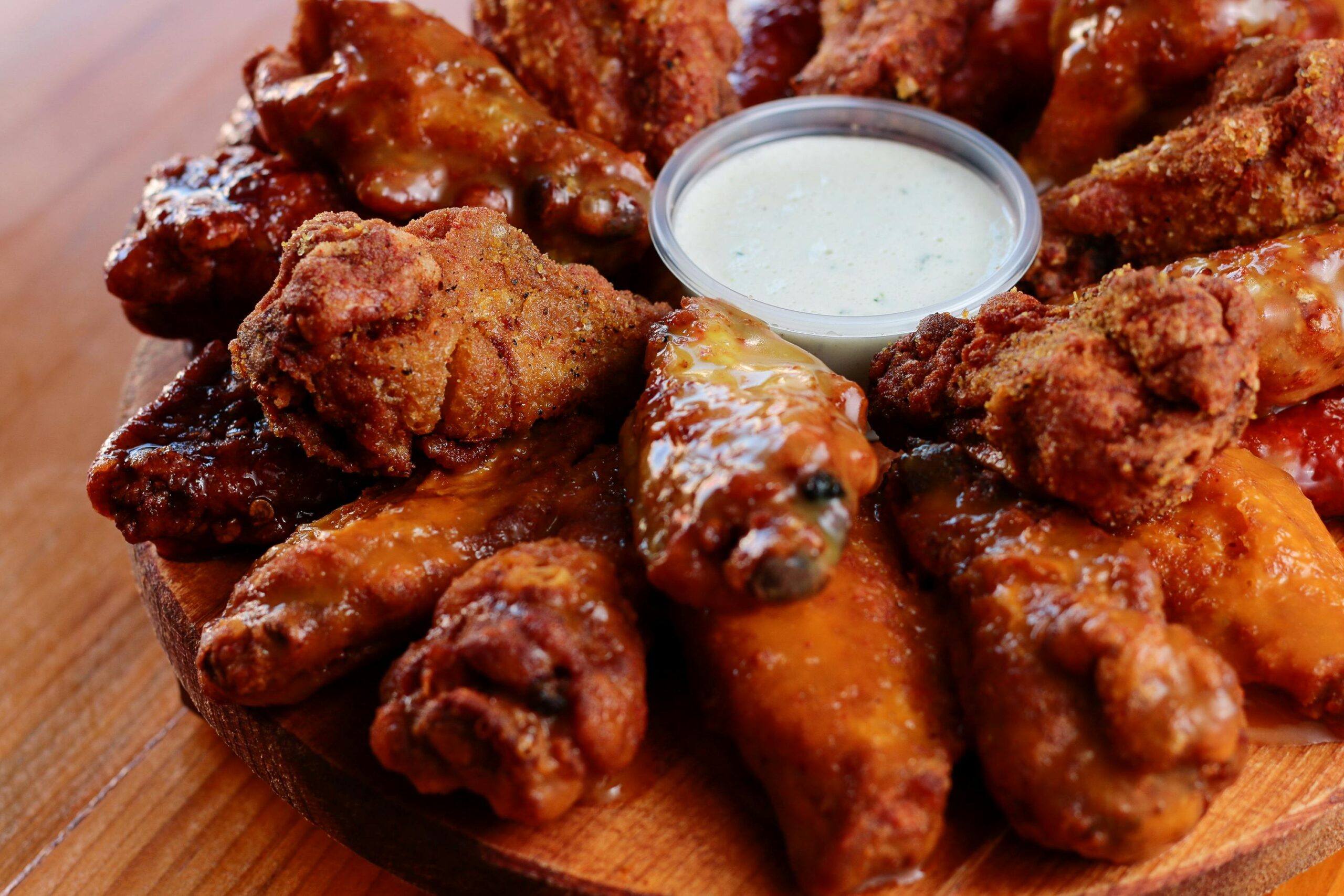For kitchens that rely on fryers, managing and replacing cooking oil is crucial to ensuring food quality, maintaining equipment longevity, and upholding safety standards. While used cooking oil may seem like a simple byproduct, it plays a key role in food service sustainability and cost management. Proper oil replacement practices not only affect the flavor and texture of your dishes but also impact operational costs, fryer maintenance, and waste management.
This guide provides best practices for replacing fryer oil and explores why the quality of your cooking oil matters—and how Mopac’s used cooking oil collection and recycling services can support a sustainable kitchen.
Monitor Oil Quality Consistently
Regular monitoring of cooking oil quality is essential for ensuring consistent taste and texture in fried foods. Over time, oil undergoes chemical changes from exposure to heat, moisture, and food particles. This degradation can result in off-flavors, dark color, and reduced smoke points, all of which can impact the quality of fried food.
Best practices for monitoring oil quality:
- Visual inspection: Look for changes in color and clarity. Darkened oil often indicates it has absorbed particles, moisture, or contaminants from previous fry cycles.
- Foaming and smoking: Oil that begins to foam or smoke at normal frying temperatures should be replaced.
- Odor test: Quality oil should have a neutral smell. If the oil emits an unpleasant odor, it has likely broken down and should be replaced.
- Regular testing: Invest in fryer oil test strips or an electronic tester to measure the oil’s Total Polar Materials (TPM), which indicates the oil’s degradation level. Generally, oil with a TPM level above 25% is considered no longer fit for use.
Practice Proper Oil Filtration and Skimming
Filtering and skimming oil can significantly extend its usable life by reducing contaminants. This process removes food particles and residue that can lead to faster degradation, allowing the oil to maintain its quality longer and reducing the frequency of complete oil replacements.
Best practices for oil filtration and skimming:

- Daily filtration: Filter your oil daily to remove leftover food particles and impurities that accelerate degradation.
- Regular skimming: Use a skimmer throughout the day to remove floating particles and debris. This practice minimizes particle accumulation and helps retain oil clarity.
- Use quality filtration equipment: Invest in good-quality filters, which can better capture debris and help maintain oil quality for longer durations.
Establish a Routine Replacement Schedule
A consistent oil replacement schedule is essential for ensuring high-quality fried foods. Depending on your kitchen’s frying volume, the oil’s lifecycle may vary, but establishing a routine schedule will help maintain food quality and reduce risk.
Best practices for oil replacement scheduling:
- Track frying volume and food type: Foods with higher moisture content or breading can degrade oil more quickly. Track these factors to determine an optimal replacement frequency.
- Avoiding cross-contamination: Keep oil that has been used for strong-flavored foods (like fish) separate from oil used for milder foods to prevent flavor transfer.
- Rotate oil as needed: Some kitchens opt to “rotate” oil from lower-heat applications (e.g., frying vegetables) to higher-heat applications (e.g., frying meats). This practice can extend the life of the oil without compromising food quality.
Prioritize the Quality of Oil Used
Choosing high-quality frying oil is a worthwhile investment that can positively impact food taste, fryer performance, and cost savings. Quality oil is typically more stable at high temperatures, lasts longer, and produces better-tasting food, ultimately enhancing customer satisfaction.
Why quality oil matters:
- Better taste and texture: High-quality oil preserves the natural flavors of foods and results in a crisp, golden exterior, which customers love.
- Higher smoke point: Quality oils often have higher smoke points, reducing the risk of unwanted burning, smoke, or off-flavors in food.
- Cost savings in the long run: Quality oil degrades more slowly, which can reduce the frequency of oil replacements and save on long-term costs.
Maintain Fryers Properly to Extend Oil Life
Keeping your fryer in top condition can help preserve oil quality, extend its lifespan, and improve safety. Regular fryer maintenance also minimizes the likelihood of breakdowns, saving your kitchen from unexpected downtime and additional costs.
Best practices for fryer maintenance:
- Clean fryers routinely: Clean fryers thoroughly to prevent carbon buildup, which can affect oil quality. Carbon buildup can cause hot spots that degrade oil faster.
- Calibrate frying temperature: Ensure that your fryer maintains an accurate temperature to avoid overheating the oil. Oil that is heated beyond its smoke point can degrade rapidly and create unpleasant flavors.
- Change oil only when fryers are cool: Allow fryers to cool before replacing oil to prevent splattering and minimize burns or other safety hazards.
Implement an Environmentally Responsible Disposal Process
Proper disposal of used cooking oil not only contributes to a cleaner environment but also supports kitchen efficiency. Partnering with a reliable used cooking oil collection service like Mopac can transform waste into a valuable resource, such as biodiesel, while helping your kitchen remain sustainable.
Benefits of responsible oil disposal and recycling:
- Environmental impact: Recycling used cooking oil reduces waste sent to landfills and contributes to a circular economy. Mopac, for example, processes collected oil into biodiesel, a renewable fuel that lowers greenhouse gas emissions.
- Safe and convenient removal: Mopac’s routine collection services allow restaurants to dispose of oil safely and efficiently, minimizing disruption to daily operations.
- Rebates for used oil: Many collection services, including Mopac, offer rebates for collected oil, allowing you to recoup a portion of your operational costs.
 Benefits of Partnering with Mopac for Oil Collection and Recycling
Benefits of Partnering with Mopac for Oil Collection and Recycling
As a trusted provider in the industry, Mopac specializes in the collection and recycling of used cooking oil. With a focus on sustainability and reliable service, we partner with restaurants to ensure oil is collected and recycled responsibly, supporting both the environment and the needs of our customers.
Why choose Mopac for your used cooking oil recycling needs?
- Reliability: Mopac’s consistent collection schedule minimizes disruption to your kitchen operations, providing dependable service you can count on.
- Transparency in rebates: Mopac provides clear, transparent rebates for collected oil, so you know exactly what value you’re getting from recycling.
- Commitment to sustainability: By turning used oil into biodiesel, Mopac helps reduce your kitchen’s environmental footprint, contributing to a greener, cleaner planet.
Conclusion
Managing fryer oil properly is essential for maintaining food quality, reducing costs, and operating a sustainable kitchen. By monitoring oil quality, adhering to routine replacement schedules, and choosing high-quality oil, your kitchen can achieve consistent results and lower operating costs. When it’s time to dispose of used oil, partnering with a trusted service like Mopac ensures that your oil is collected and recycled responsibly.
At Mopac, we’re more than just a collection service—we’re a partner dedicated to supporting sustainable kitchen practices that benefit both your business and the environment. From transparent rebates to reliable service, our approach makes oil recycling easy and beneficial. Consider Mopac as your trusted partner in sustainable waste management and let us help keep your kitchen running smoothly.




